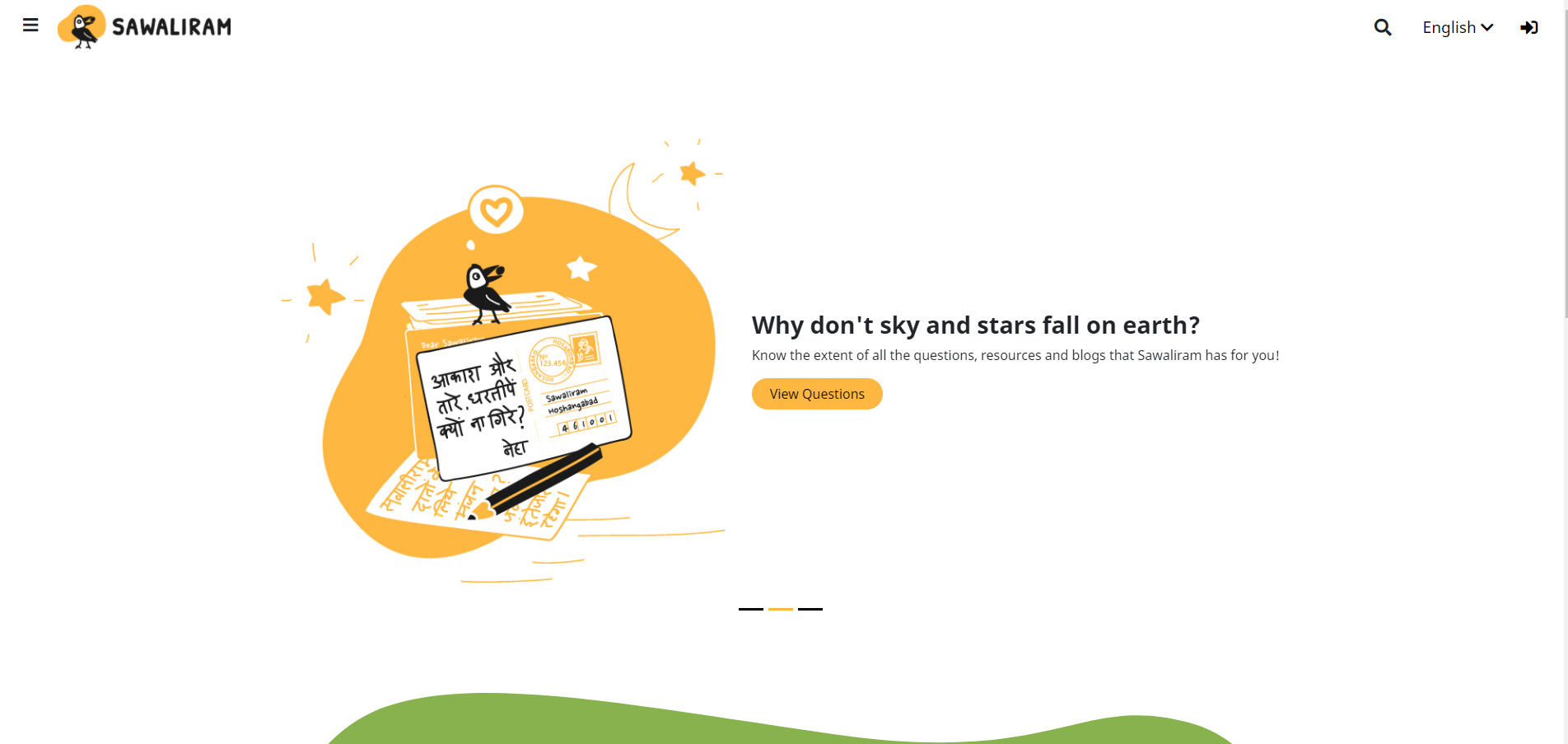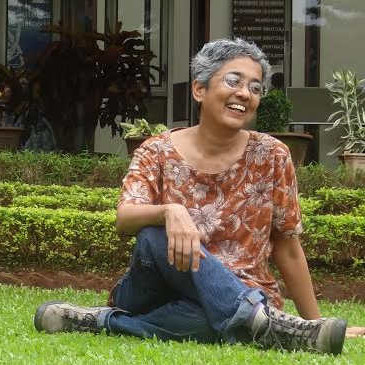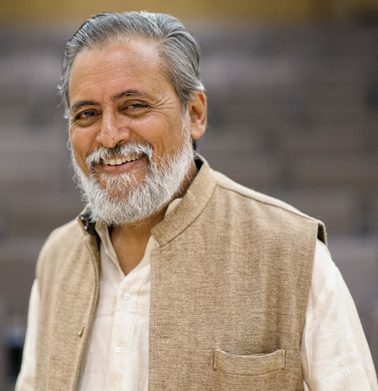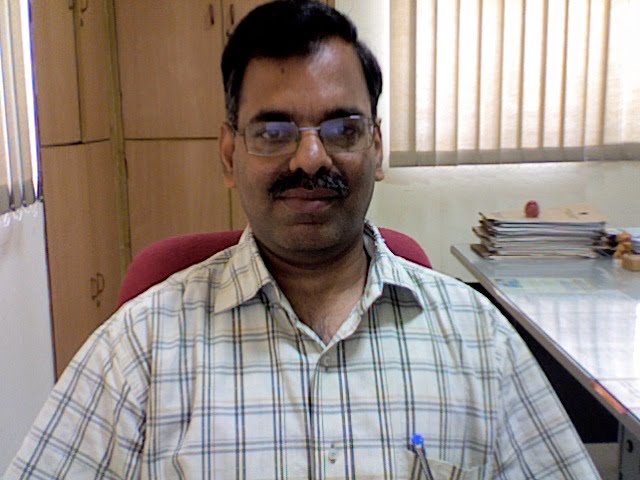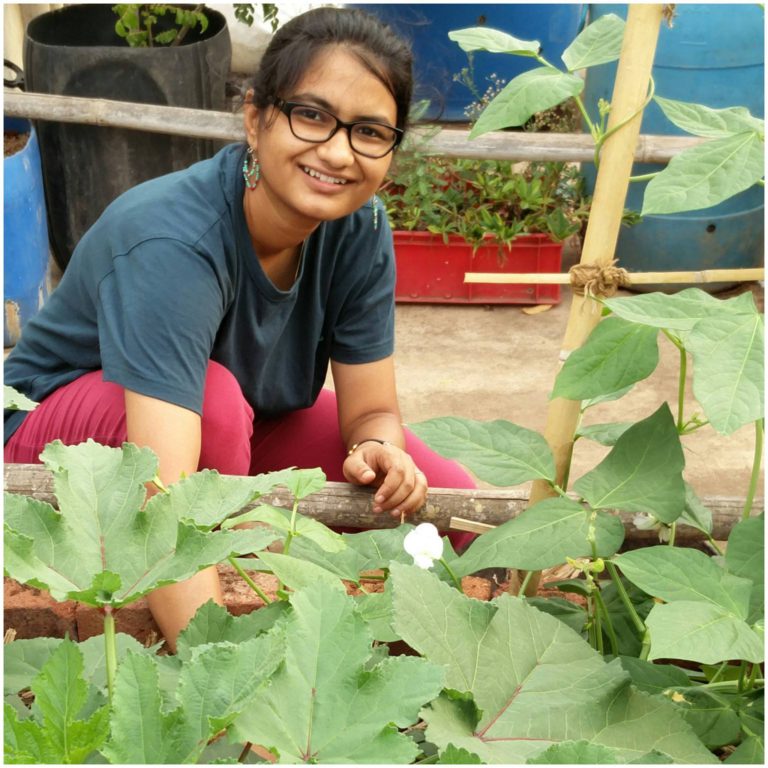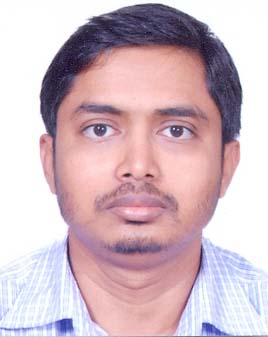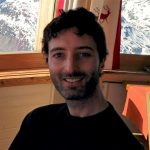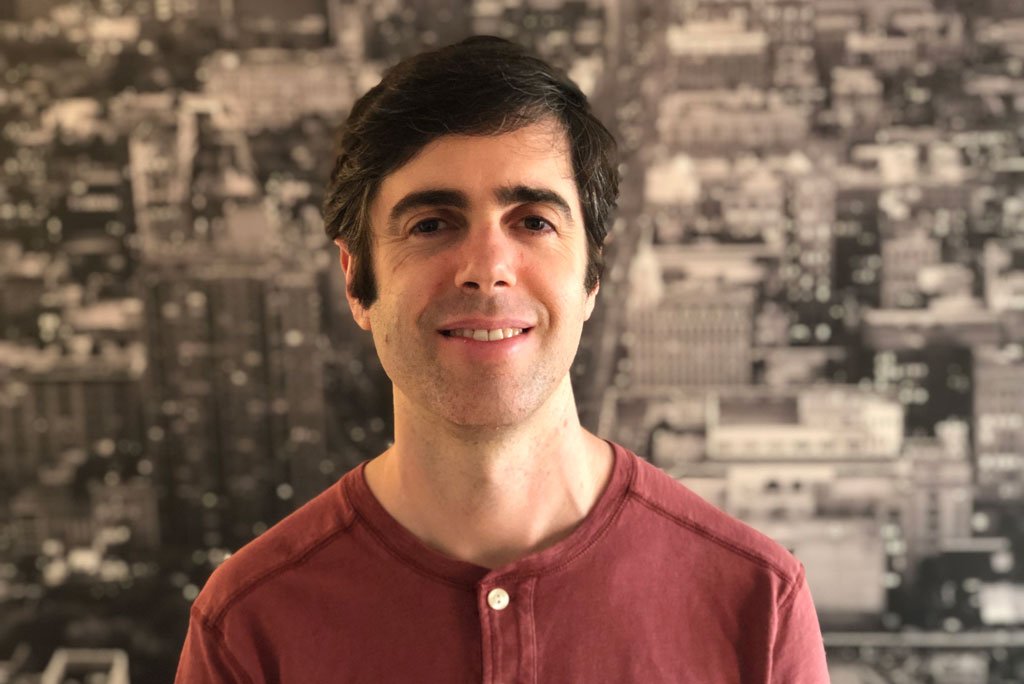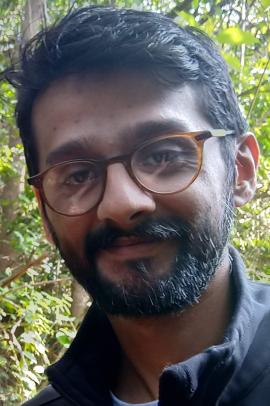About TLB
Research in cognitive science, neuroscience/biology and psychology has thrown new light on learning processes and the factors affecting it. The knowledge from scientific studies helps address the popular myths while giving deeper understanding of motivation and metacognition. The aim of the workshop is to bring the results of research into class room teaching.
A school teacher faces the challenge of preparing classes that engage a class with the same age children, but with differential learning curves topic-wise, dissimilar conceptual understanding, with gaps in skills and disparate external (non-school) factors influencing them. In addition, the child’s physical and emotional state affects the learning curve. Given the complexity, it is important for teachers to understand the brain from neurodevelopment aspect to design lessons appropriately and build an atmosphere of intellectual safety and trust to address the outliers (over-/under-performers) too.
The planned workshop is the first of its kind to address most if not all of the concerns of learning in an educational system as present in the Indian context. The topics to be covered are:
-
Attention, memory, and Learning.
- Creativity and Innovations -learning from children.
- Reimagining Imagination: How do students learn scientific and mathematical concepts?
- Learning by doing – Urban Farming
- Language – English constructions
- The concept of testing for Intelligence
- Music and Brain – Implications for Learning
- The effect of non-cognitive Skills on cognitive abilities in Children - the socio-economic angle.
- The brain in problem -solving.
- Brain-to-Brain Synchrony in the Teaching-learning process - focus on STEM
Due to the pandemic, the 2020 workshop has been postponed to 2021. But we are happy to be back with a new edition. A sincere thanks to the speakers, who have agreed to set aside a time for the talk and interactions. It has been a challenging year, with school education being mostly disrupted. But as resilient humans, have found a silver lining in these circumstances too – that of virtual conferences and workshops. While live-sessions are irreplaceable, especially in complex topics such as cognition and learning being discussed in this workshop, the positive is the ability to reach out to a wider audience and of course speakers. In the past 10 months, we have figured out how to set our camera angles, prepare our presentations and modulate our auditory system, while leaners have figured out a complete novel option of being ‘there’ but not be ‘there’ !. Hence, online learning pedagogy is an all domain of interest.
This year’s workshop will continue the deliberations of the last edition, with fresh and new insights. Our speakers will touch upon the neural/brain level understanding when engaged in science or math learning, how does comprehend language, new ways to teach the topics, activities wherein implicit learning is possible, socio-economic factors etc., The programme has been designed to expand our existing practices of teaching.
10 Speakers
Domain Experts
10-17 Feb
2021

